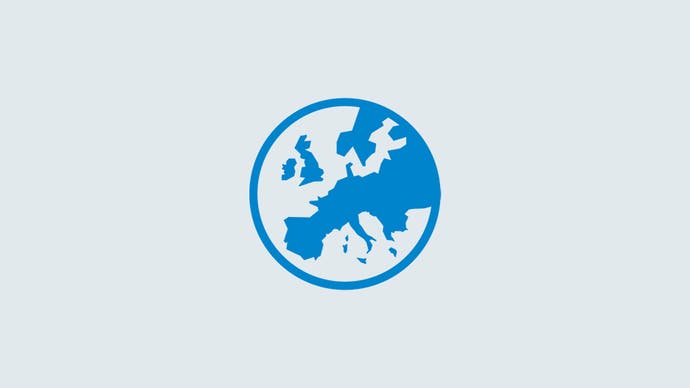Video game voice acting strike ends as SAG-AFTRA negotiates deal
"You are free to resume working ... immediately."
The unprecedented, 340-day video game voice acting strike organised by the Screen Actors Guild‐American Federation of Television and Radio Artists (SAG-AFTRA) has come to an end. A deal has been negotiated and approved, and actors sworn off some of the biggest companies in video games are free to resume working with them immediately.
"Our negotiating committee has reached an agreement to end the strike against 11 video game companies that has been ongoing since October 21, 2016," SAG-AFTRA president Gabrielle Carteris announced. "Accordingly, you are free to resume working for the companies that were struck on all titles effective immediately."
The strike was in opposition to 11 major video game companies including Activision, Electronic Arts, insomniac Games, Take 2 and Warner Bros. Games, and contested four major issues: transparency for better negotiating contracts; prevention of vocal stress from long recording sessions; stunt coordinators to be on hand at performance capture sets; and secondary pay based on sales of a video game.
The agreement hasn't quite achieved everything.
A secondary payment structure - bonuses - was agreed but wasn't quite the based-on-game-sales goal envisaged. SAG-AFTRA union actors can now expect bonus payments based on the number of sessions worked, starting at $75 for the first session and ending at a total of $2100 after 10 sessions.
"The bonus payments we have now are significantly larger now than what we had 11 months ago," said Keythe Farley, chair of the SAG-AFTRA negotiating committee, "and the existence of additional payments beyond your session fee is in the video game world for good, both in our high-budget and independent promulgated agreements."
Actors can expect better transparency from video game companies now, and to know the codename of a project, the genre, whether the game is based on a previously published IP and whether they will be reprising a prior role.
"Members are also protected by the disclosure of whether they will be required to use unusual terminology, profanity or racial slurs, whether there will be content of a sexual or violent nature and whether stunts will be required," said chief contracts officer Roy Rodriguez.
The agreement also contains an "employer commitment" to tackling the issue of vocal stress during long recording sessions.
Video game voice acting is an industry on the rise. At EGX 2017 this past weekend I spoke to two of the hardest working voice actors in games, Jay Britton and Amelia Tyler, who collectively recorded more than 50 voices in Divinity: Original Sin 2. I also spoke to the voice Geralt of Rivia in the English language Witcher games, Doug Cockle, although our chat wasn't video recorded. All three actors mentioned vocal stress from long recording sessions. Do watch the video above as Britton and Tyler have some fascinating insights and advice to share.



